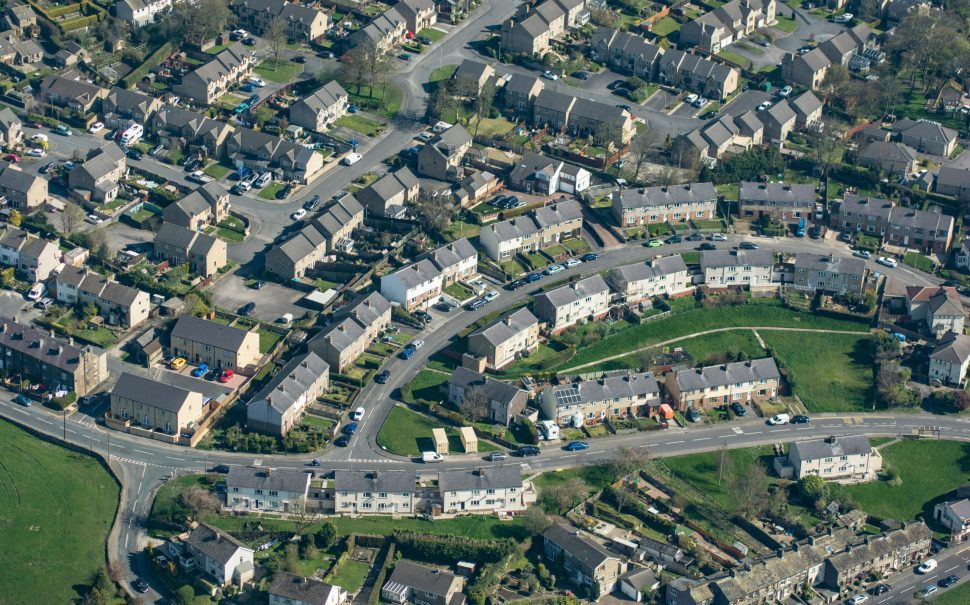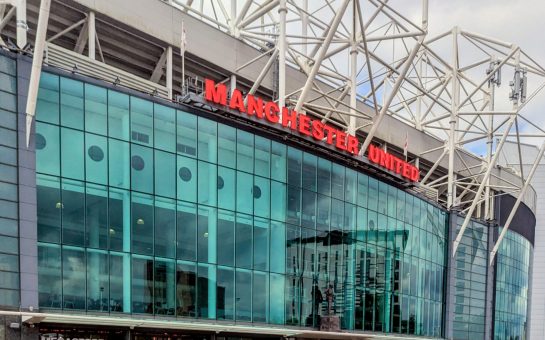Many housing companies across Greater Manchester are offering shared ownership properties, but are first-time buyers being sold an unattainable dream?
It has been more than 40 years since the shared ownership property scheme was introduced in the UK, but this doesn’t mean the kinks have been ironed out completely. As part of the Affordable Homes Programme, the scheme was set up to offer a more affordable path to homeownership.
Like me, you may not have heard of shared ownership properties before. Pinned as a way for renters to get their foot on the property ladder, this scheme sees homeowners buying a share of between 10% and 75% of a home’s full market value and then paying the rest in rent to a landlord.
However, that’s not all. You’re also expected to pay service charges for shared spaces as well as maintenance fees for anything that goes wrong in your home.
As part of a report from the Levelling Up, Housing and Communities Committee, published in March last year, it was highlighted that between 2015 and 2022 only 2.8% of homeowners reached 100% full ownership of shared properties in the North West – compared to 15.3% in London.
And according to gov.uk statistics, from April 2023 to March 2024 there were 18,324 shared ownership sales completed by large private registered providers and local authorities. With an estimated 76% of the private registered provider sales to first time buyers.
Targeted at younger people looking to move away from renting and into owning their own property, 32% of shared ownership purchases were made by buyers under the age of 30, with a further 33% aged between 30 and 39.
Part of the inner workings of shared ownership is ‘staircasing’, which means that homeowners buy more shares of their home to decrease the amount of rent that they are paying. But they may not be able to afford to.
Within the government report it was highlighted that ‘rising rents, uncapped service charges, liability for repairs and maintenance costs and complex leases make shared ownership an unbearable reality for many people seeking to become 100% homeowners’.
Maria from Leeds entered a shared ownership at 50% of her property’s full market value in 2021, and she said that the incentive for her was to be able to get on the property ladder as a single parent. However, she has not been impressed with the scheme.
“We are liable for repairs and maintenance. There is no help from the shared ownership group, and I have to pay rent as well as the mortgage. I work full time just to do that alone,” says Maria.
She also notes that her ‘rent has gone up significantly’ and this has left her feeling like she might not ever be able to own her full property as she believed going in.
Maria said: “It’s a good way to get on the property ladder if you can save up and staircase into more shares – if not, you will only ever own 50% of a house.”
The problem then falls on selling, but figures from the BBC show that 59% of shared owners surveyed in February of this year struggled to sell their share. With many becoming trapped in their properties and according to the report – ‘many regretted having made the purchase in the first place’.
One Reddit user even said: “When I was a mortgage advisor I had to do what was best for the client. As such I couldn’t recommend help to buy or shared ownership. They’re madness.”
According to gov.uk, over the last 15 years the average price of shared ownership properties increased by 90% from £164,600 to £313,100. Compared to an 83% increase in the average house price in England between April 2009 and March 2024, shared ownership properties are costing more – but giving a lot less.
There have been similar complaints made about help to buy schemes. This differs from shared ownership in that you apply for a mortgage with a 5% deposit, and then government loans and borrowing from a bank covers the rest.
And Edward, who bought a home in Preston through his council-run help-to-buy scheme, said that ‘selling the house was a nightmare’.
Edward said: “I basically had to buy out the council, and I could only sell to someone willing to buy it on a help-to-buy scheme. But by then everyone wanted nothing to do with it, basically. So selling was near impossible.
“I in fact lost money as I just wanted to sell and put the whole thing behind me.”
These schemes that are intended to help people get onto the property ladder are unfortunately falling short of their aims. According to an FOI requested by the BBC about shared ownership complaints, there has been an increase of almost 400% in the past five years. It found that complaints relating to shared ownership increased by almost five times from 1,564 in 2024 to 324 in 2020.
The recommendation made in the Levelling Up, Housing and Communities Committee report is that the government ‘must take urgent and significant action to reform how shared ownership schemes currently operate’.
Featured image: Richard Horne on Unsplash




